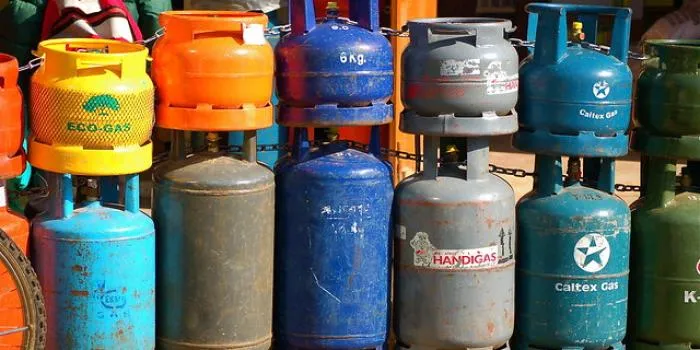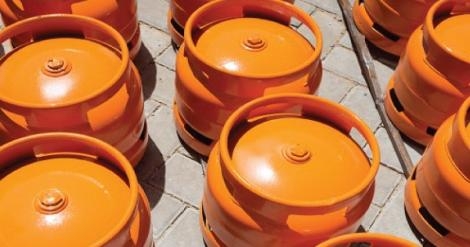After the price of cooking gas climbed by Ksh 500 in a week, Kenyans started using charcoal, kerosene, and other alternative energy sources for cooking and other domestic needs.
According to reports, the price of a six kg cylinder, which had previously been sold for Ksh1,800, has risen to Ksh2,600.
In contrast, a 13 kg cylinder that was once sold for Ksh2,600 in Nairobi is now Ksh3,100.
Local shops notified their clients of the adjustments and explained that the rise in gas prices was due to regulatory actions taken by the government.
“Gas prices have risen as a result of governmental regulations. We will notify you if there is a reduction, part of the statement from gas dealers stated.
Consumers remain at the mercy of market forces, nevertheless, as the price of cooking gas was not subject to regulation by the Energy and Petroleum Regulatory Authority (EPRA).
The devaluation of the Kenyan shilling against the US dollar, according to major participants in the industry, is what caused the hike in gas prices.
On February 9, industry executives bemoaned how the price increases had a negative impact on their businesses as customers looked for alternatives.
“I keep hearing from people that they can’t afford petrol. Instead, they are purchasing kerosene. Abdulahi Abdi, a retailer in the industry, complained, “We used to sell up to 20 cylinders in a day, but today we sell as little as two cylinders in a day.
Other merchants chimed in to say they had to stop what they were doing to hunt for cash to refill their cylinders.

Businessmen in the food industry also voiced their displeasure over the increase in petrol costs, claiming that it had a negative impact on their operations.
I used to cook a few different kinds of cuisine, but I had to quit because they take a lot of gas and charcoal.
“Beans and maize are high in charcoal consumption. Additionally, it means that people who wished to purchase this type of cuisine will shop elsewhere, according to Peter Mwangi.




